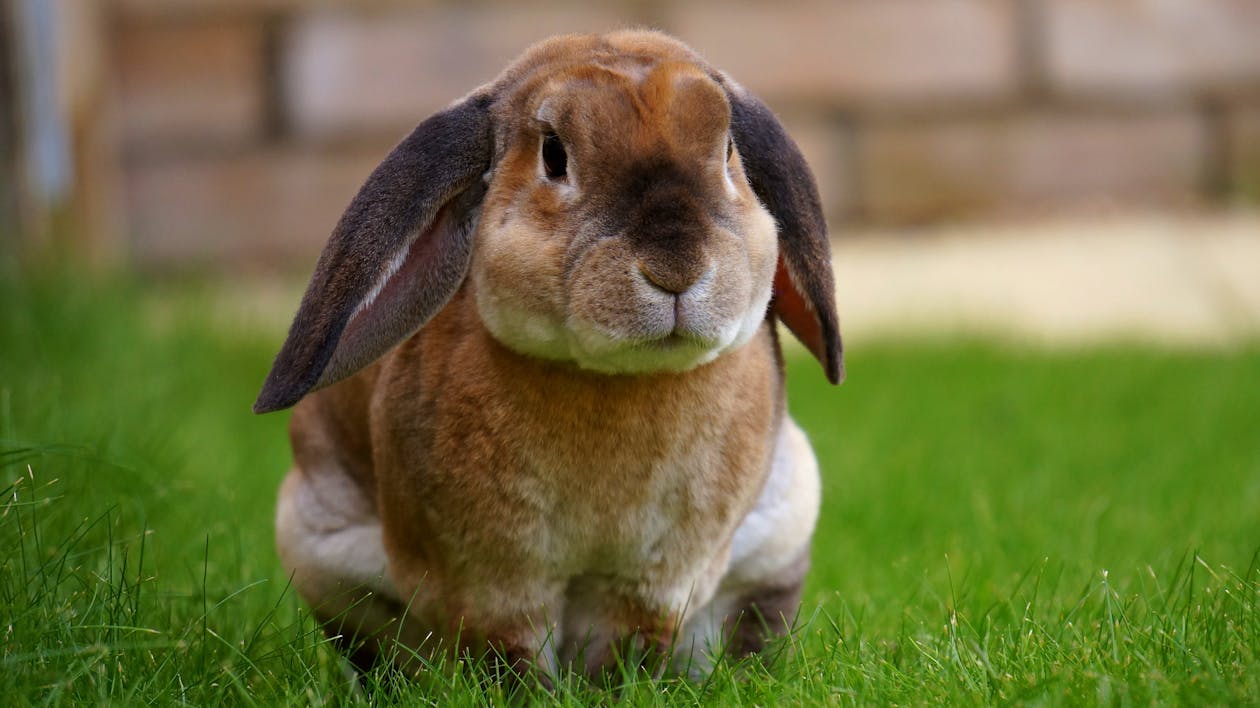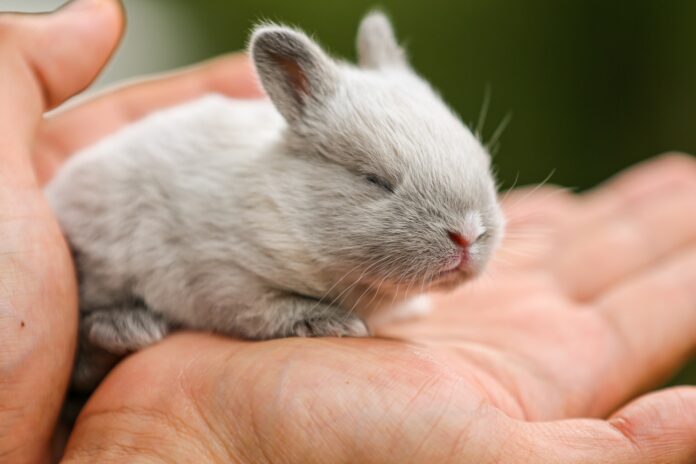Rabbits are one of the most popular pets, and for good reason—they’re low-maintenance, quiet, and adorable! However, as lovable as they are, rabbits are also very fragile animals who need special care to stay healthy. The following guide will explain how to take care of your rabbit and keep him from developing certain health problems that are common in rabbits of all ages.
Feed Them the Right Diet

It’s essential that you feed your rabbits a well-balanced diet. First, make sure they are fed a diet consisting mostly of rabbit pellets, which are specially formulated for rabbits. You can add hay, water and vegetables to their diet as well (of course, consult with your vet before changing their diet). It’s also important that you feed them slowly and patiently to avoid overfeeding. Feeding rabbits too much can be dangerous.
Provide Them with a Safe Environment
Rabbits are social animals and thrive when they have plenty of space. House your rabbit in a well-ventilated cage that offers enough room for him to run around and explore. Make sure you select a cage with low sides so that your bunny can hop out at any time if he gets scared or feels threatened.
Keep Their Housing Clean

The main reason rabbits get sick is due to a dirty living environment. Daily cage cleaning will keep your bunnies healthy and happy. Don’t forget that rabbits have sensitive respiratory systems and should be kept in an area with low dust levels and easy access to fresh air. Use bedding made from absorbent paper pellets, not sawdust or shavings, which can irritate your rabbit’s delicate lungs.
Make Sure They Have Water at All Times
Rabbits, just like humans, get dehydrated very easily. You must make sure that your rabbit always has fresh water available. The best way to do so is by filling a big bowl with clean water and putting it somewhere in your bunny’s habitat where he or she can reach it at all times. Make sure you change the water out daily so that it remains fresh and hygienic.
Reduce Aggression Amongst Their Harem

As charming as they are, bunnies can be brutal among their own kind. By default, rabbits are solitary animals that spend most of their time alone. This means that if you’re thinking about adopting two bunnies—you may want to reconsider unless you have plenty of time on your hands. Aggression is common in rabbit households, especially during mating season or when there is a lack of space or adequate socialization and bunny-proofing in their environment.
Monitor Their Behavior Regularly
The first sign that a rabbit is sick or hurt is a sudden change in its behavior. Look for sluggishness, decreased appetite, and any other signs that your bunny isn’t feeling right. Keep an eye on how it interacts with other animals in your household too, since rabbits are known to act differently when they’re under duress. If you notice anything unusual in its movements or actions, take it to your veterinarian immediately—even if you don’t think it’s hurt.
Train Them to Use a Litter Box if Needed

The more your bunny goes in his litter box, and only his litter box, the easier it is for him and for you. Train your rabbit by offering treats every time he enters his box. This will make him realize that using his own designated spot is a good thing! After a few weeks of consistent training, you should see some dramatic improvements in how often he uses his litter box.
Monitor the Weight and Feel of Their Bodies
Rabbits’ spines aren’t very strong and it’s easy for them to break if they hit something or if they fall. This makes it imperative that you monitor your rabbit’s weight and feel his body frequently. While you should avoid being too rough with him, pick him up often and check his stomach, back and legs for abnormal lumps or bumps. The sooner you catch a spinal problem, the easier it will be to treat, so your rabbit will feel better more quickly.
Be Able to Tell If Something Is Wrong

A rabbit’s health can change dramatically in a very short time. While you should know how to care for your rabbits, it’s important that you learn how they change so you can quickly identify illness or injury. Common signs of an ill or injured rabbit include difficulty breathing, eating, diarrhea and lethargy. If your rabbit exhibits any of these symptoms, be sure to contact a veterinarian immediately.













